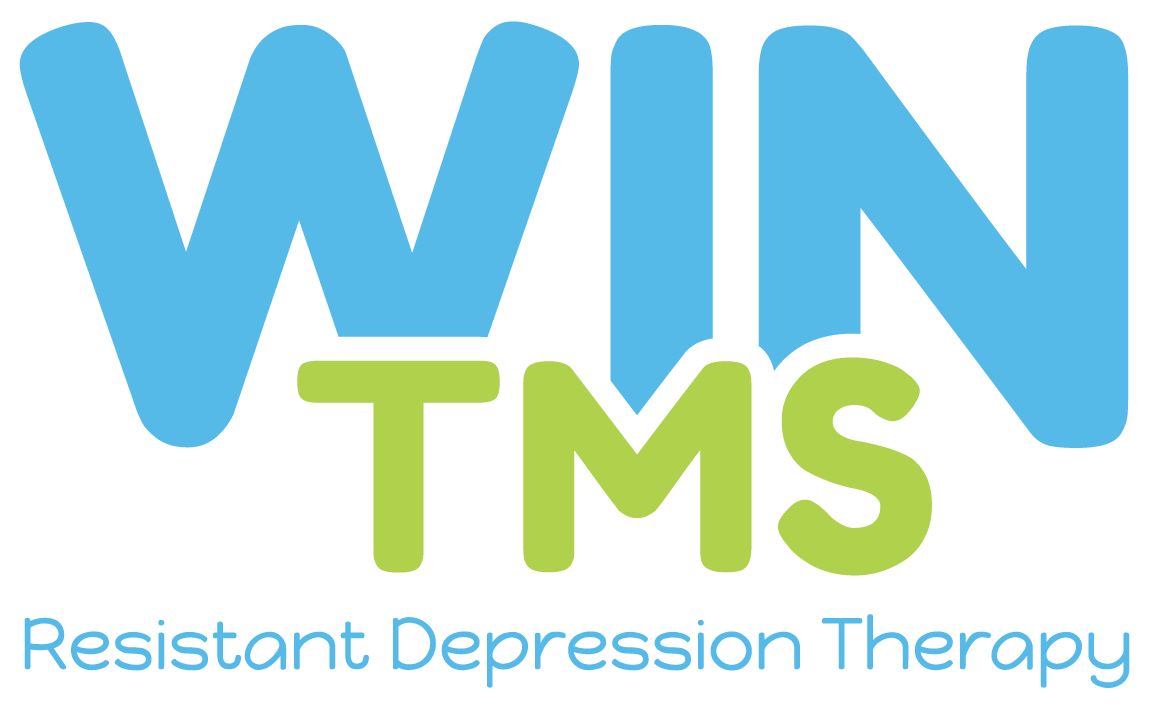Important Mileposts in Mental Health History
We’ve been using our blog throughout this year to provide Greater Milwaukee with insights drawn from our unique perspective within the mental health industry. Today, we offer you the opportunity to discover several key instances from history that significantly impacted practitioners’ approach to the human psyche.
On this summer day, this entry pairs nicely with a glass of fresh lemonade.
An Ancient Breakthrough
Sometimes, it feels like modern life provides modern anxieties. Those are good moments to remember that matters of psychological health are not unique to our age. Indeed, throughout human history, people have experienced short-term, extended and recurring issues.
Commonly, ancient civilizations significantly misunderstood people who displayed atypical behaviors. They might have been labeled as possessed by evil spirits, for example.
In Greece, Hippocrates begins changing medical history around 400 BCE. While modern physicians take the Hippocratic Oath and vow to uphold ethical standards, everyone alive today can also thank Hippocrates for being among the first to pursue addressing the medical causes of mental health issues.
A Golden Age
Modern hospitals have deeper historical roots than you might guess. More than 1,000 years ago, at the dawn of a period historians call the Islamic Golden Age, a blueprint for today’s hospitals first appeared in Damascus, Baghdad and Cairo. These facilities were called bimaristans, which is a Persian word.
In 872, Cairo’s Al-Fustat began offering mental health treatments. This bimaristan was a teaching facility, and it offered empathy and care throughout its departments. In the subsequent few centuries, bimaristans spread across the Muslim world.
A Persian physician, Abu Bakr al-Razi, whose Latin name was Rhazes, may have been his era’s most important figure. He wrote more than 200 books. Today, 36 of those works are in print.
As the head of a Baghdad bimaristan, al-Razi’s treatments for mental conditions included
- Medication
- Dietary adjustments
- Aromatherapy
- Occupational therapy
- Music therapy
An Empathetic Reformer
A millennium later, health practitioners in the western world were getting plenty wrong when addressing the diverse issues that can impact the human mind. Dorothea Dix arose out of the reform movement in Massachusetts in the 1800s.
Dix offered dedication and compassion while she sought to improve the lives of throngs of people who had been ignored and locked into dark, stagnant places. During her extensive career, she founded 32 hospitals focused on the treatment of mental disorders.
Talk Therapy Enters the Conversation
If we really think about it, talking to someone about what’s bothering you is likely as old as human communication. Still, the type of therapy inspired by the professional life of Sigmund Freud greatly impacted mental health history. Freud is history’s most famous psychoanalyst.
Largely, we have talk therapy today because of Freud. Talk therapy can be used to address anxiety, depression, phobias and an extensive list of other mental issues.
Telemedicine Gets More People Talking
Modern technology has certainly spread talk therapy’s popularity, but you might be surprised to learn that telemedicine began generations ago. In fact, views differ on where modern telemedicine first began.
Perhaps, we should consider the components of telemedicine. If we adopt the perspective that telemedicine requires audio and video, then we likely agree with medical historians who place this form of healthcare delivery’s origins in the middle of the 20th century.
An early example of telemedicine comes from the race to the Moon. Remote monitoring of an astronaut’s vital signs and mental state is, after all, a form of telemedicine.
Pleasantly Shocking Development
Sometimes, talking about depression is insufficient to keep it at bay. Also, depression may return after periods of relief. We have just described treatment-resistant depression.
Until recently, people with treatment-resistant depression had to manage it as best as they could. Fortunately, the 21st century has provided a new technological breakthrough. We call it transcranial magnetic stimulation. Shortened to TMS, this treatment focuses a small electromagnet on the portion of the brain that features your motor cortex. Briefly, this therapy
- Resets your brain’s clock
- Is convenient
- Has minimal side effects
- Is insurance-friendly
- Works effectively for most patients
You Can Easily Find Out More About TMS for Treatment-Resistant Depression Right Now
At this point, you may have some questions about the uniquely modern therapy we offer at our three WIN TMS locations in the Milwaukee area. We encourage you to contact us today. Our staff is engaged and empathetic, and we will thoughtfully answer all of your questions.




Leave a Reply
Want to join the discussion?Feel free to contribute!